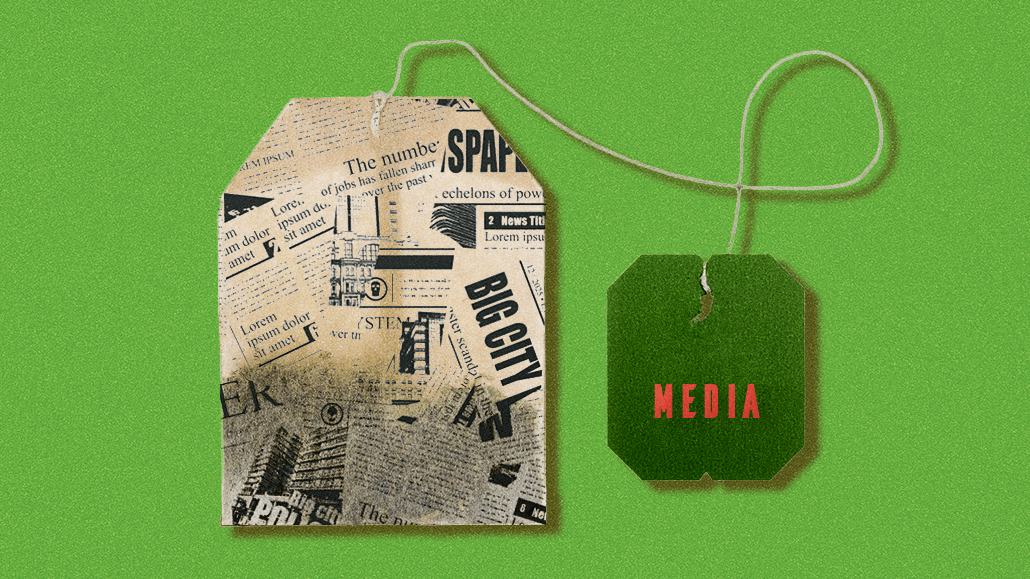Challenge board: Publishers speak out during the Digiday Publishing Summit

This article is part of Digiday’s coverage of its Digiday Publishing Summit. More from the series →
A highlight of Digiday’s summit events is the challenge board, to which attendees post the top obstacles their businesses face at the moment. During this spring’s Digiday Publishing Summit in Vail, Colorado, publishers filled the challenge board with a whole host of issues that ranged from traffic troubles to AI anxiety.
“There’s a lot of unknowns. You’ve got generative AI and the impact that’s going to have to all of us. Cookie deprecation, of course; it’s been going on for a while, but it’s finally happening. And I would also say algorithm changes in Google,” said Sharon Milz, chief information officer at Time.
In the video below, a handful of publishing executives from Bustle Digital Group, Dotdash Meredith, Hearst Magazines, Semafor, Time and Yahoo Finance explain the biggest challenges they see confronting the industry and how their companies are going about contending with those challenges.
“Lowering the dependency on traffic sources, no matter where they are, is an important lesson we’ve learned over the last 10 years,” said Sheel Shah, svp of growth, enthusiast and wellness at Hearst Magazines.
More in Media

Digiday+ Research: Dow Jones, Business Insider and other publishers on AI-driven search
This report explores how publishers are navigating search as AI reshapes how people access information and how publishers monetize content.

In Graphic Detail: AI licensing deals, protection measures aren’t slowing web scraping
AI bots are increasingly mining publisher content, with new data showing publishers are losing the traffic battle even as demand grows.

In Graphic Detail: The scale of the challenge facing publishers, politicians eager to damage Google’s adland dominance
Last year was a blowout ad revenue year for Google, despite challenges from several quarters.








